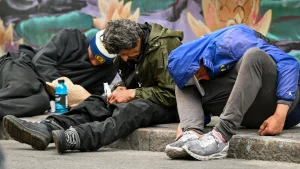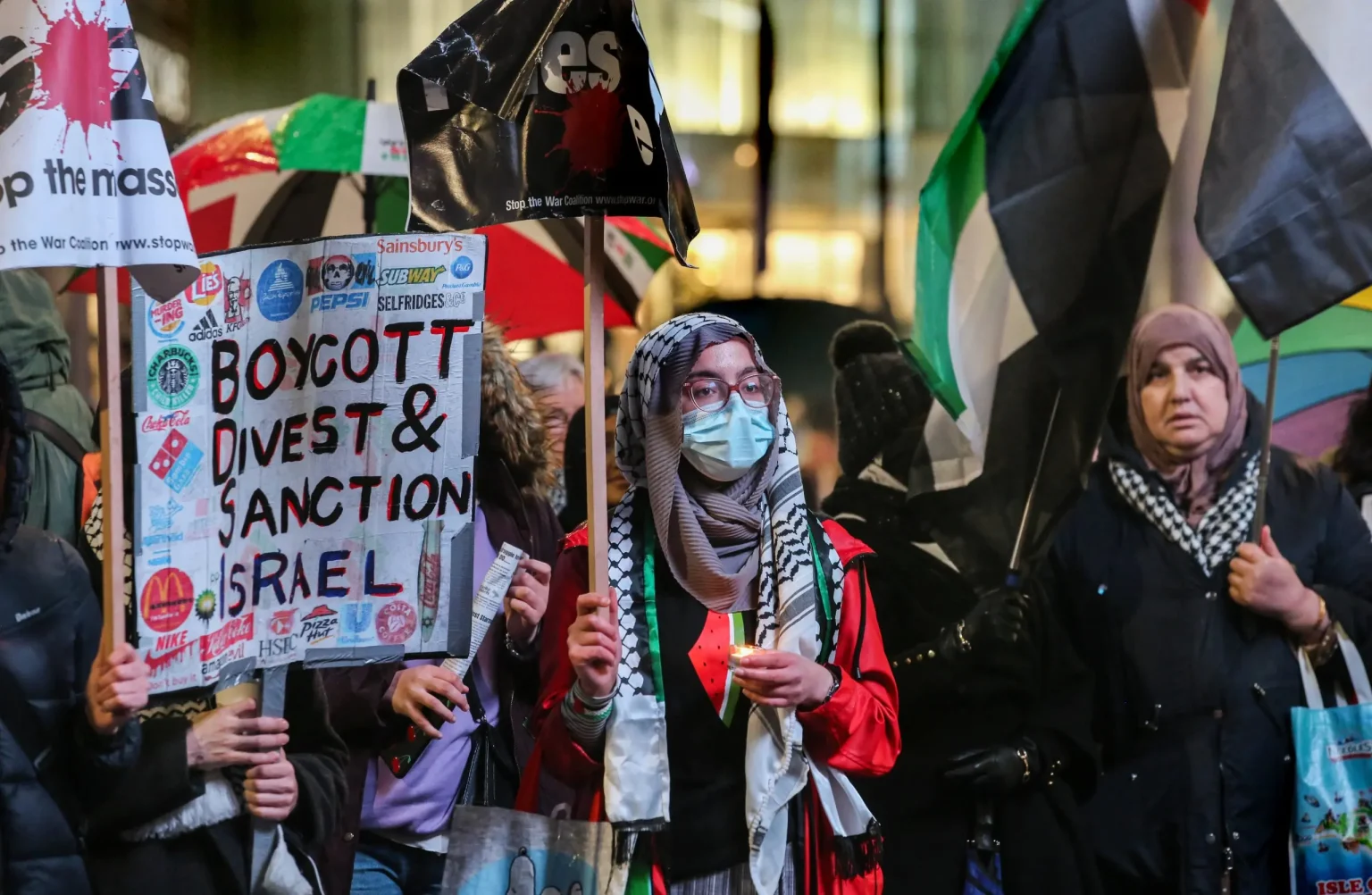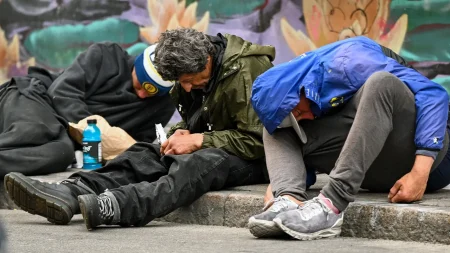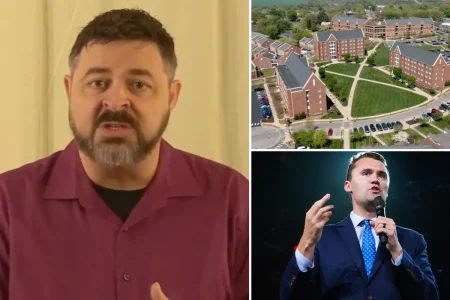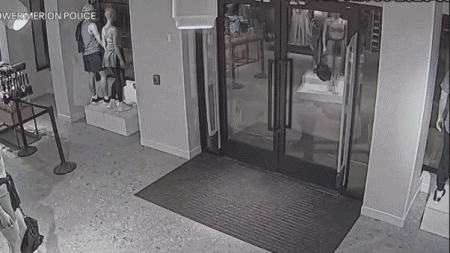The year 2024 witnessed a dramatic escalation in global antisemitism, fueled by the aftermath of the Hamas terrorist attack on Israel on October 7, 2023. Jewish communities worldwide faced an unprecedented wave of threats, intimidation, and physical violence, targeting schools, community centers, and places of worship. This surge in hostility shattered the sense of security that many Jewish communities, particularly in the United States, had previously enjoyed. Rabbi Moshe Hauer, a prominent figure in the Orthodox Jewish community, described 2024 as a tipping point, marking a significant shift in the perceived safety and security of Jewish people. This alarming trend underscores a growing climate of intolerance and prejudice against Jewish people globally.
The repercussions of the October 7 attack extended far beyond Israel’s borders, sparking a wave of anti-Israel protests worldwide. These demonstrations, often supportive of the Hamas terrorist group, unfolded on college campuses, outside government buildings, and in public spaces. Several of these protests escalated into extreme displays of hatred and violence, further fueling the global surge in antisemitism. The demonstrations highlighted the deep-seated animosity towards Israel in certain segments of society and the willingness to express this sentiment publicly, often with alarming fervor. The intensity and frequency of these protests underscored the increasing polarization of views regarding the Israeli-Palestinian conflict and the growing acceptance of anti-Israel rhetoric.
Adding to the global unrest, Israel continued its efforts to combat terrorism and bring those responsible for the October 7 attack to justice. The Israel Defense Forces (IDF) announced a successful targeted drone strike, eliminating Abd al-Hadi Sabah, a high-ranking Hamas commander who played a key role in the devastating assault on Kibbutz Nir Oz. This operation represents Israel’s unwavering commitment to holding perpetrators accountable and protecting its citizens from further terrorist attacks. The Kibbutz Nir Oz attack, a particularly brutal incident in the ongoing conflict, left a deep scar on the Israeli psyche and fueled calls for decisive action against Hamas.
Meanwhile, the plight of hostages taken during the October 7 attack continued to grip the world. Aviva Siegel, whose husband Keith was abducted by Hamas, made a heartfelt plea to then President-elect Donald Trump to secure his release and the release of other remaining hostages. Siegel’s desperate appeal highlighted the human cost of the conflict and the ongoing anguish of families waiting for the safe return of their loved ones. Her public plea underscored the urgent need for diplomatic efforts to secure the release of all hostages and bring an end to the ongoing humanitarian crisis.
The United Nations Relief and Works Agency for Palestine Refugees in the Near East (UNRWA), an organization established to aid Palestinian refugees, faced criticism for its perceived failings. Danny Danon, Israel’s permanent representative to the United Nations, argued that UNRWA had not only failed to promote peace but had also inadvertently contributed to the conflict. He accused the organization of allowing its schools and facilities to be used as weapons depots and rocket launch sites. Danon’s criticism sparked debate about the effectiveness and impartiality of UNRWA and its role in the complex dynamics of the Israeli-Palestinian conflict. His accusations raised serious questions about the organization’s oversight and accountability mechanisms.
The convergence of these events – the global rise in antisemitism, the intense anti-Israel protests, the targeted killing of a Hamas commander, the ongoing hostage crisis, and the criticism of UNRWA – paints a complex picture of the challenges facing the international community in 2024. These interconnected events highlight the escalating tensions in the Middle East and the urgent need for diplomatic solutions to address the root causes of the conflict. The rise in antisemitism, fueled by the ongoing conflict, serves as a stark reminder of the dangers of intolerance and the importance of promoting understanding and respect between different cultures and religions. The year 2024 underscored the fragility of peace and the urgent need for international cooperation to build a more secure and tolerant world.

